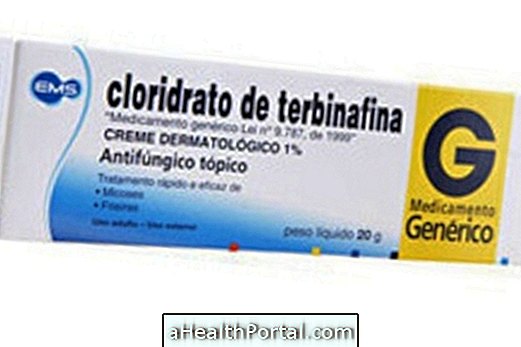The treatment for dyslexia is done through the practice of learning strategies that stimulate reading, writing and vision, and for this, the support of a whole team, which includes pedagogue, psychologist, speech therapist and neurologist, is necessary.
Although there is no cure for dyslexia, it is possible to achieve good results with the correct treatment, since it is adapted to the needs of each person, which can progress gradually the ability to read and write.
Dyslexia is a learning difficulty characterized accompanied by difficulties in writing, speaking and the ability to spell. It is usually diagnosed in childhood, although it can also be diagnosed in adults. Find out what the symptoms are and how to confirm it is dyslexia.

Treatment Options
The treatment for dyslexia involves a multidisciplinary team, which can act on the needs of the affected child or adult. Treatment options include:
1. Speech therapy
The speech therapist is a very important professional for the treatment of dyslexia, the one that establishes strategies to facilitate reading and reduces the difficulty in associating the speech sounds with the corresponding writing. The treatment is adapted so that there is an evolution from the most basic contents to the most difficult ones and the training must be constant, in order to maintain and reinforce what has been learned.
2. Adaptations in school learning
It is up to the teacher and the school the very important role of softening the learning disorder and include the child in the classroom, working with ways to help independence and autonomy, through strategies such as giving oral and written instructions, clearly explain the activities which will be carried out, besides stimulating activities in groups and outside the classroom, for example.
In this way, the child will feel less excluded and will be able to find strategies more easily for their difficulties.

3. Psychotherapy
Psychological treatment in dyslexia is very important because it is common for the dyslexic to have low self-esteem and have difficulty in interpersonal relationships due to their learning difficulties.
Psychotherapy sessions can be given once a week indefinitely and can help the individual to relate in a healthy and satisfying way.
4. Treatment with medicines
The treatment of drugs in dyslexia is only indicated when there are other diseases involved, such as attention disorder and hyperactivity, in which Methylphenidate may be used or when there are behavioral changes, and antidepressants or antipsychotics may be used, for example, because there is no medication specific therapy that can cure dyslexia, or even an exclusive therapy that is indicated for all dyslexics.
In these cases, patients with dyslexia should be followed up by the psychiatrist or neurologist, who may indicate the use of medication if necessary.























